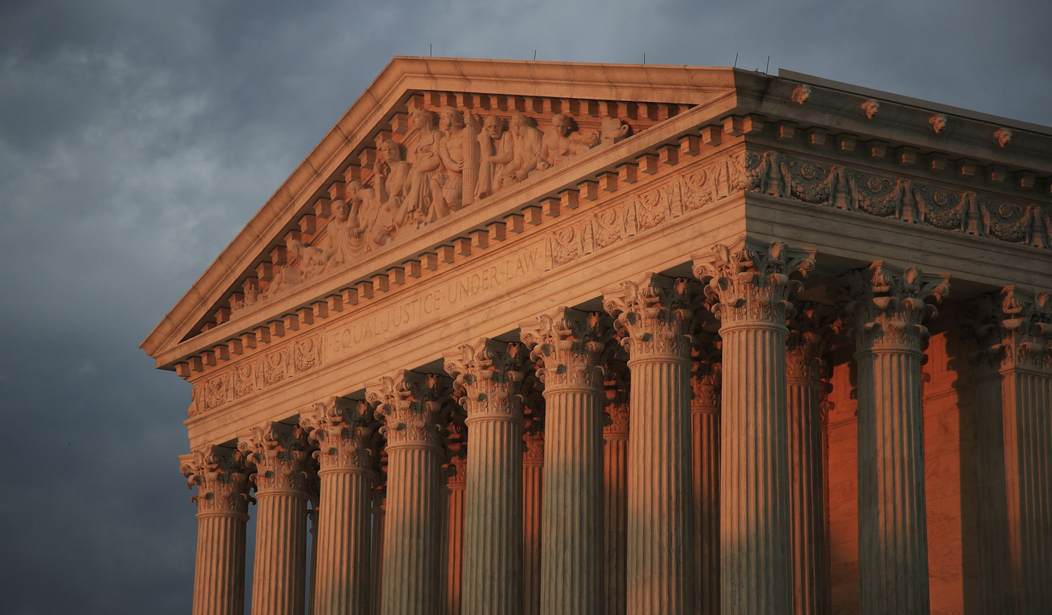As children, we were all taught to follow the rules–obey your parents, share your toys, be nice to others. The same is true for our laws. When we break them, there are consequences.
But what happens when government bureaucrats fail to abide by the laws set forth by Congress?
The Constitution establishes three branches of government—the executive, the legislative, and the judicial. While the Founders envisioned that Congress would create the rules by which the people were to abide, today’s reality is that alphabet soup agencies—FDA, USDA, EPA, USFWS—adopt most of the rules that Americans are subject to. These laws have become so numerous and oppressive that one civil rights lawyer estimates that every American has committed at least three federal crimes by dinnertime every day.
The asserted justification for allowing executive branch agencies to make so many rules is that in our complex society Congress simply cannot anticipate all the rules that need to be set in place. Instead, Congress passes a general law instructing agencies about the types of outcomes it wants and sets forth certain criteria that the agencies must follow when engaged in rule making. But agencies often ignore these congressional parameters and expand their power through rule making beyond the scope of what Congress envisioned.
That is why Congress passed the Congressional Review Act in 1996. The CRA requires agencies to send every rule they create to both houses of Congress and the Governmental Accountability Office before they can go into effect. Congress then has the power to approve or disapprove of the rule using fast-tracked procedures.
Recommended
When followed, the CRA ensures that overreaching or unpopular rules are not implemented. Yet agency compliance with the CRA has been lacking. Even more disturbing, agencies have argued their decision to not send a rule to Congress cannot be reviewed by any court.
But a federal Court in Idaho disagrees. A family-owned ranch in Oakley, Idaho, sued the Departments of Interior and Agriculture over their failure to submit to Congress controversial land use plans concerning the greater sage grouse. These rules regulate activities on 70 million acres of federal land in 11 western states and drew protests from land users and the effected states. However, the agencies blatantly refused to send the rules to Congress for review as required by the CRA.
Explaining “an agency would frankly have no reason to comply with the CRA” without judicial review, the court found that it has the power to review agency decisions that ignore the CRA. Additionally, it held that “reading judicial review out of the CRA foils its primary purpose.”
While this ruling is a first step in enforcing one of Congress’ most important directives to agencies, it is only a small step. Agencies have continued to assert that the courts should play no role in enforcing the CRA when they choose not to submit a rule to Congress for review.
Congressional committees, the U.S. Government Accountability Office, and outside scholars continue to advocate for improved compliance with the CRA. Those most impacted by agencies’ decisions--the American people--should continue to demand rule submission because it ensures that controversial laws can be disapproved and keep agencies within their proper bounds.
We are all taught from a young age that we must follow the rules. We should not expect anything less from the bureaucrats who have been entrusted to write our laws.
Kaycee Royer is an attorney at Pacific Legal Foundation, which litigates nationwide to achieve court victories enforcing the Constitution’s guarantee of individual liberty.

























Join the conversation as a VIP Member